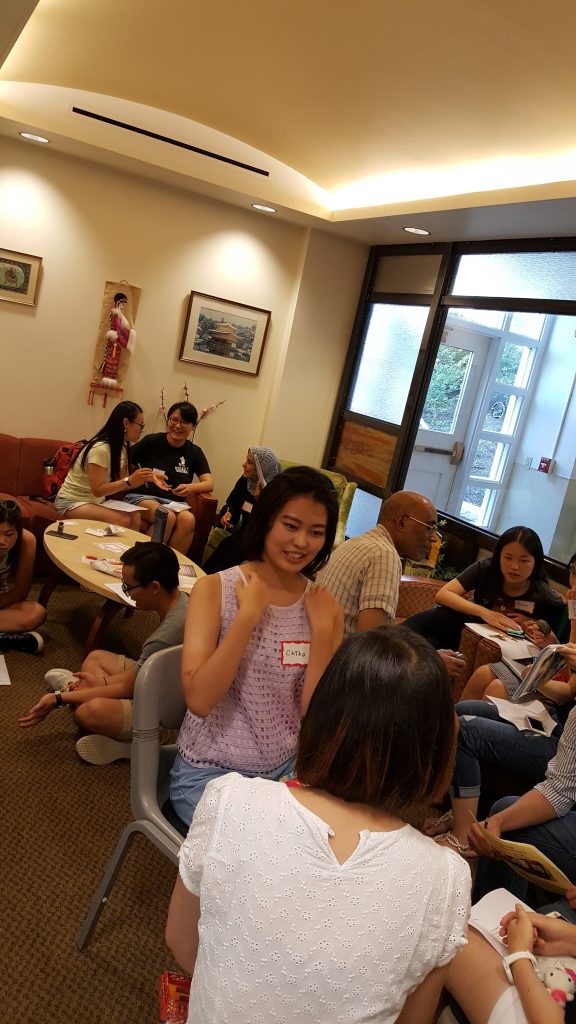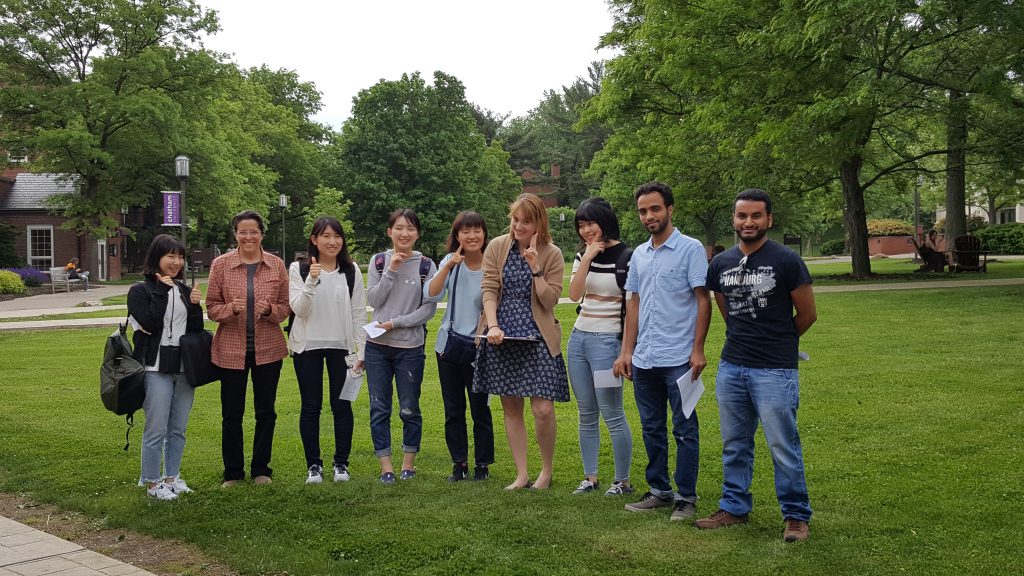Linh Phung, English Language Program Director
Debra Wolf, Associate Professor of Nursing
International students studying abroad in the United States have been found to face numerous challenges, including linguistic, academic, social, and cultural challenges (Kuo, 2011, 2013; Wang, Andre, and Greenwood, 2015). While linguistic barriers have been well-documented, there is limited research exploring challenges associated with specific language skills and academic assignments. To better understand what challenges Chatham international graduate students faced with the English language, the strategies they used to overcome challenges, and what support services they found helpful, a mix-methods study was conducted to explore these areas.
Preliminary findings revealed that students found writing and listening the most difficult because of the linguistic demands of the writing and listening tasks and their unfamiliarity with the academic writing style. Reading was found the least challenging because of their prior exposure to reading and the time they could spend reading independently using various resources. Perceptions of speaking were mixed as speaking tasks and situations varied. Interestingly, speaking was found to be a source of quite a few mixed emotions: anxiety, shame, embarrassment, and also satisfaction and joy.
Strategies used to address the challenges varied. Notably, their use of social strategies (consulting peers, tutors, and professors) increased over time. Participants found many of the services offered at Chatham (English workshops, tutoring, and conversation hours) very useful, but recommended more speaking opportunities for future international students.
Based on the preliminary findings, the following recommendations are offered to support successful international programs and further improve student experiences.
- Organize opportunities for students to communicate with students from the U.S. These opportunities will not only help them improve their spoken English, but also contribute to positive feelings of success, satisfaction, and joy.
- Formalize opportunities to have ESL instruction as well as ESL and academic tutoring to develop students’ academic English skills and assist them with academic assignments during their first few weeks or first semester.
- When lecturing or talking to international students and non-native speakers, instructors, staff, and locals should consider the listening difficulties and the feelings of inadequacy that these students might have as a result of lack of understanding. We recommend speaking slowly and in short sentences/phrases so they can comprehend thoughts being communicated. Be patient and check comprehension before extending the conversation.
- Faculty should explain assignments, grading rubrics, and expectations clearly and explicitly with examples. What is clear to local students may not be clear to international students.
- Studying abroad in a cohort has its own advantages as the students have access to a supportive network of peers in their studies as well as in their daily life. Just as important is social support from faculty and university staff. Together with this support, students’ use of social strategies will assist in their transition to a new culture, a different academic environment, and life in a foreign country.



